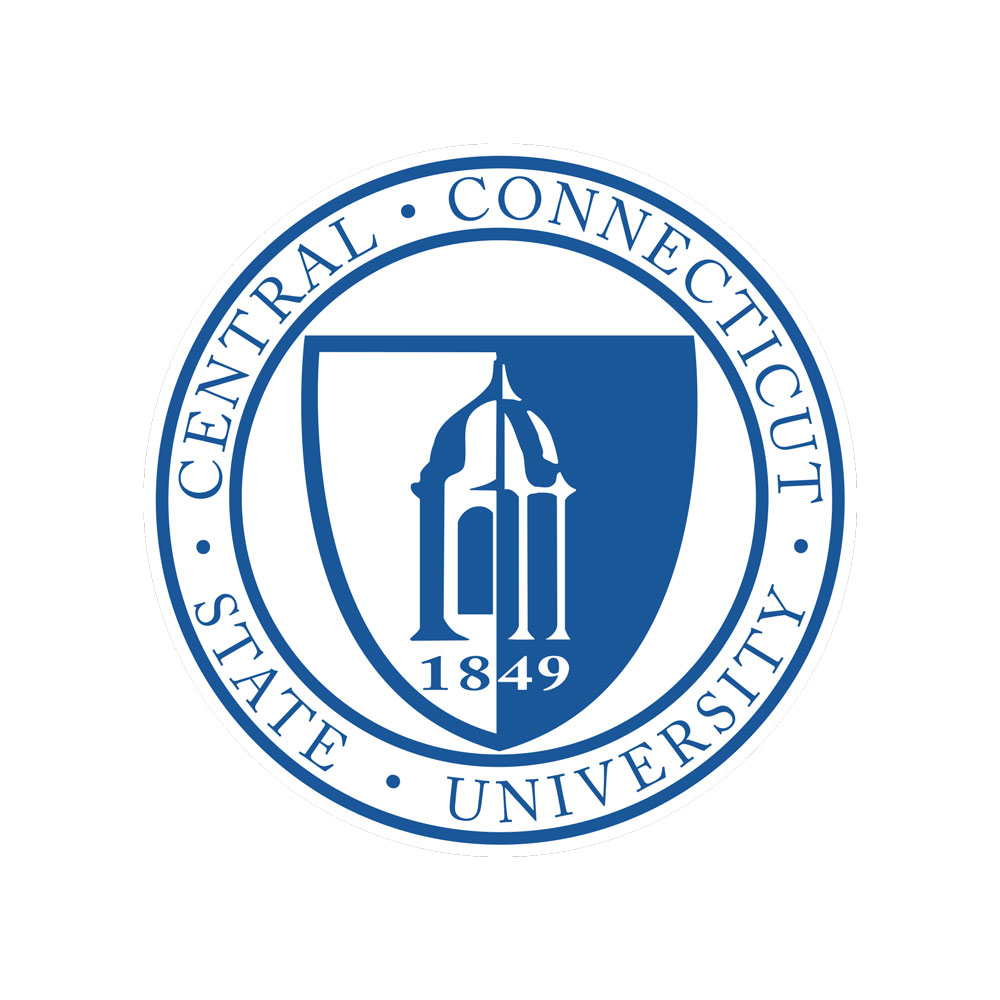
Central to Forging Ingenuity.
Enhance your employability with CCSU’s MS in Mechanical Engineering. Designed for practicing engineers, learn from faculty active on the national and international level who strive to push the boundaries of human knowledge. What you learn in this program will position you to address current and future challenges facing our society.
Program Features
- Starts every January and August
- 30-credit program
- Attend full- or part-time
- Class times optimized for working students
- Online capabilities with streaming lectures
- State-of-the-art research and learning facilities including a 250 mph wind tunnel
- Access to 3D printers including:
- Fused deposition modeling
- Stereolithography
- Laser sintering
- Material jetting
- Binder jetting
- ANSYS and Solidworks for finite element analysis
- CAD is used for creating designs in either 2D or 3D to visualize the construction
- Scholarship opportunities
- Financial aid is available
- No GMAT/GRE required
Explore Your Program Options
Mechanical Design, Materials, and Manufacturing: The Mechanical Design, Materials, and Manufacturing track in the Master of Science program at CCSU offers a dynamic and innovative curriculum that empowers students to unleash their creativity in design and manufacturing. With diverse courses, students delve into subjects such as machines and mechanisms, advanced GD&T, Design for Additive Manufacturing, and Advanced Manufacturing Engineering. This program allows students to tailor their education by choosing from 11 elective courses, allowing them to align their studies perfectly with their career aspirations. The coursework includes topics like Fracture Mechanics, Tribology, Elasticity and Plasticity, Contemporary Engineering Materials, and Materials Engineering of Additive Manufacturing, among others. Graduates of this concentration track emerge with a strong foundation in mechanical design, materials science, and advanced manufacturing techniques, making them well-equipped for exciting careers in the ever-evolving field of mechanical engineering. The full list of courses can be found at https://ccsu.smartcatalogiq.com/en/current/undergraduate-graduate-catal….
Thermo-Fluids & Energy: The Thermo-Fluids & Energy track of the Master of Science program is your gateway to an in-depth exploration of the intricate world of energy and fluid dynamics. Tailored for those passionate about comprehending the forces that drive our modern world, this program offers a specialized curriculum, renowned faculty expertise, and cutting-edge research opportunities. Dive into combustion dynamics, computational fluid dynamics, and renewable energy systems, acquiring the skills and knowledge to tackle pressing global energy challenges. Whether your ambitions lean towards research, engineering, or leadership roles, this program empowers you to shape your future in the dynamic fields of thermo-fluids and energy. Moreover, the program's well-rounded and comprehensive coursework, featuring courses like ME 551 in Advanced Fluid Mechanics, ME 553 in Computational Fluid Dynamics, ME 554 covering Advanced Heat Transfer, ME 555 delving into Combustion, and ME 557 exploring Turbomachinery, establishes a strong foundation in core principles.
Further enhancing your expertise, ME 559 delves into Heating, Ventilation, and Air Conditioning, addressing crucial aspects of energy utilization in buildings. This diverse curriculum ensures graduates are exceptionally prepared to tackle the intricate challenges of energy and fluid dynamics across various industries, from aerospace to renewable energy. The full list of courses can be found at https://ccsu.smartcatalogiq.com/en/current/undergraduate-graduate-catal….
Controls, Dynamics, & Aerospace Systems: The Controls, Dynamics, & Aerospace Systems concentration in the Master of Science in Mechanical Engineering program at CCSU is an exceptional and comprehensive program designed to equip students with a profound understanding of aerospace systems and control theory. This unique track boasts a rich curriculum, with courses ranging from ME 501 Digital Control to ME 588 Flight Dynamics, covering a wide spectrum of topics vital for a thriving aerospace and control engineering career. What makes this program even more enticing is its flexibility, allowing students to tailor their degree to their interests. By choosing from a menu of 13 courses, which you can find at https://ccsu.smartcatalogiq.com/en/current/undergraduate-graduate-catal…, including ME 502 Optimal Control, ME 505 Design of Control Systems with Uncertainties, ME 580 Aerospace Propulsion Systems, and more, students can delve into subjects like optimal control, dynamic system parameter identification, and advanced aerodynamics. This approach empowers students to acquire the knowledge and expertise needed to excel in the vibrant and complex field of aerospace systems. If you are passionate about aerospace and control systems, this concentration is the perfect choice to cultivate your skills and advance your career.



